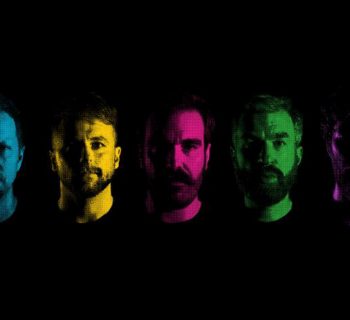The film that first drew composer Julian Scherle to his line of work was the 1997 sci-fi The Fifth Element, specifically its synthy orchestral score. Though mesmerized by the music, Scherle never gave film scoring serious consideration—believing it to be an area of music in which “everything had been said and done”—until he began experimenting with sound design. Many of his film scores since have been highly experimental in nature, including the recent Will Merrick and Nick Johnson-directed mystery/thriller Missing. For that, Scherle wrote his own code, explored machine-learning, and distorted sounds after studying the psychological effects compressed music can have on listeners.
“One of the first conversations the director and I had was about what technology means in terms of how it changes communication from human to human. What is lost, what is distorted?” Scherle says. “From there, I found a study on audio compression and how it’s perceived by regular people listening to music. The common finding was that compressed audio files are more anxiety-provoking than real instruments, and I wanted to see what the emotional effect would be if I compressed files over and over.” The result was Missing’s techy, unnerving score, with Scherle’s experimentation with A.I. to resynthesize audio material.
“A.I. is a huge topic right now in so many different areas of life, and there’s a question of how you can incorporate that in the creative process and not be fearful of being replaced by it,” Scherle says. “I learned a lot about machine-learning and how to incorporate that into my work. It’s evolving so quickly, and there are so many new ways to implement it.”
With so much possibility now in the music composition world thanks to technology, Scherle says there is still a very human element in eliciting an emotional response through music, and developing your voice as a composer. “When I listen to something, I ask myself, ‘Do I have a reaction to this? Does my gut say this music means something?’ I think that’s where your personality and your unique voice comes in.”














